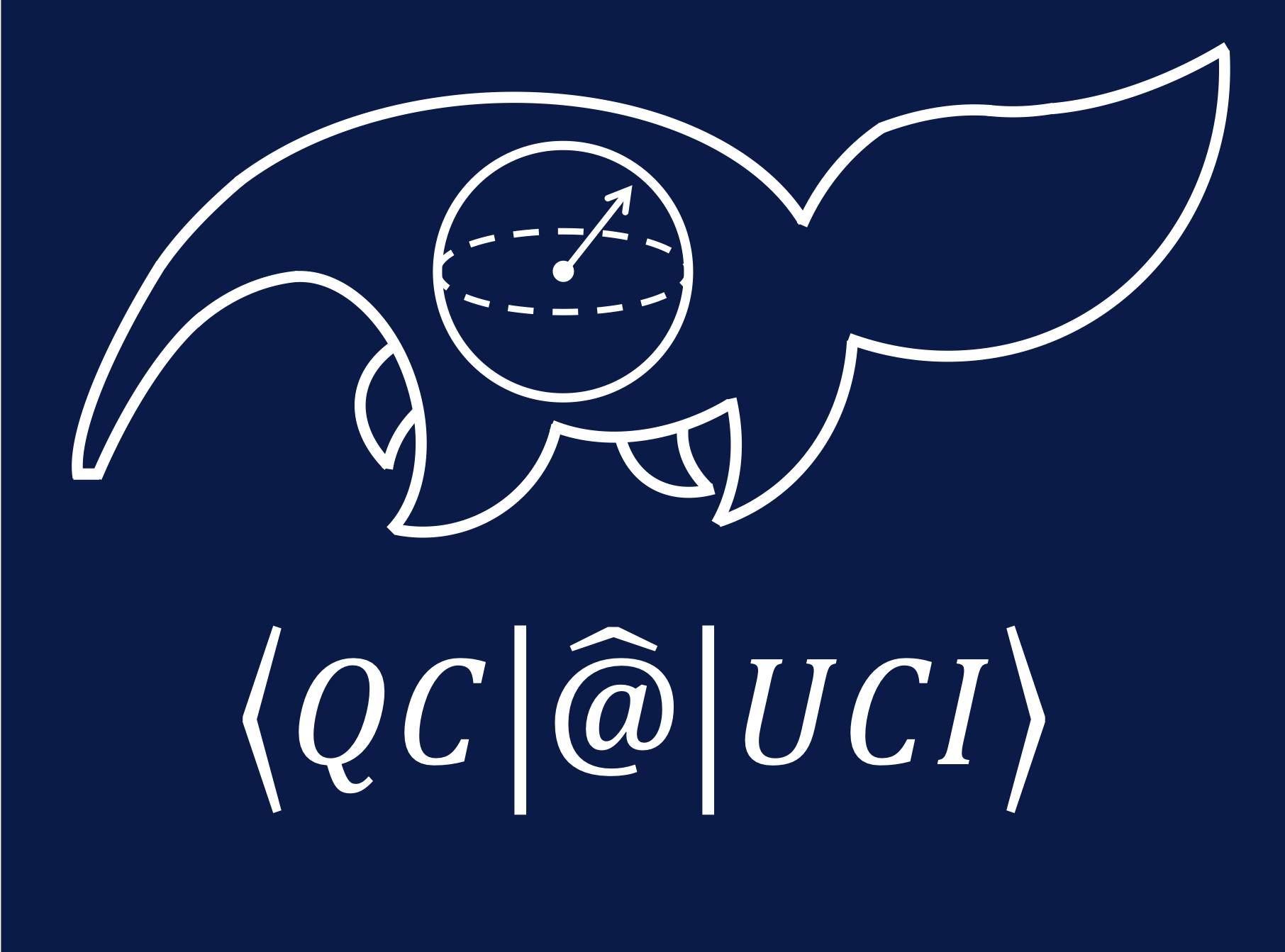What is Quantum Computing?
Quantum computing is a new and rapidly evolving computational paradigm rooted in the principles of quantum mechanics. It uses quantum bits (or qubits) that can in superpositions of 0 and 1 simultaneously. Combined with interference and entanglement, quantum programs can explore many possibilities in parallel and find solutions to certain complex problems much faster than classical computers. They're not faster computers; they just work differently.
Key Concepts
- Superposition — represent many states at once
- Entanglement — intrinsic relationship between two or more qubits
- Interference — amplifies right answers, cancels wrong ones
- Decoherence — quantum systems collapse due to environmental disturbance
